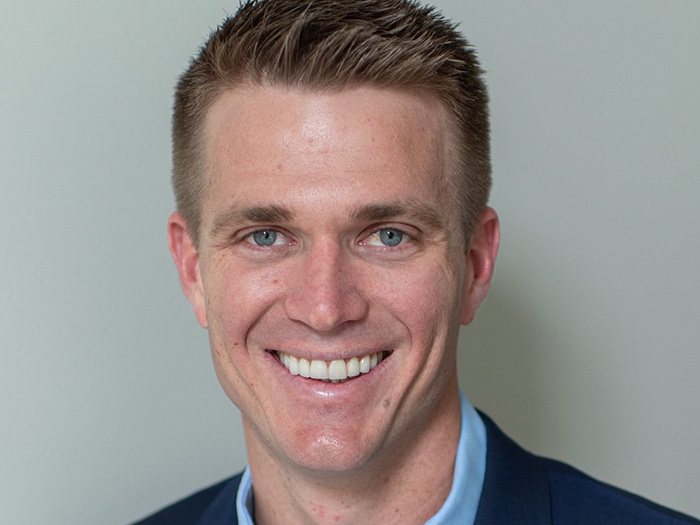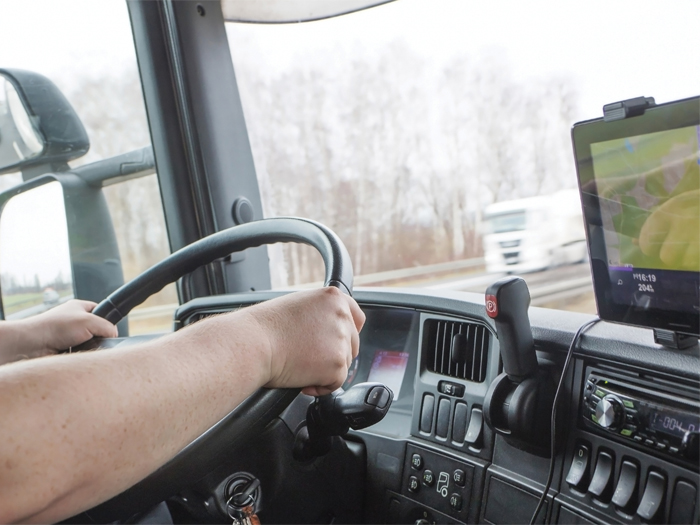Rising Star Chris Moore on Listening and Learning in the Brokering Business and Dealing with Agriculture’s Biggest Risks


Come see the Stars! As part of our ongoing coverage of the best brokers in the commercial insurance space, Risk & Insurance®, with the sponsorship of Philadelphia Insurance, is expanding its coverage of the Rising Stars — those brokers who represent the next wave of insurance brokering talent.
Look for these expanded profiles on the Risk & Insurance website and in your social media feeds now and continuing into 2023.
Here’s a look at Chris Moore, president of EPIC Farm & Ranch at EPIC Insurance Brokers, and a 2022 Agriculture Power Broker and Rising Star.
Risk & Insurance: Can you share with us how you found yourself working as an agriculture insurance broker? What led you to this field and your role?
Chris Moore: I got my property and casualty insurance license in the summer of 2009. I began working as a small business and personal lines agent that wrote directly for an insurance company.
I left the direct insurance company distribution model in November 2014. Up until that point, I had never worked with a farm. I did not grow up in an agricultural town or rural area. I really didn’t know anything about farming. But being in Indiana, I got to know some farmers and my in-laws were farmers.
At that time, my initial business plan was to prospect middle market, commercial businesses. And during that 2014-15 time period, we had the opposite insurance market than what we have right now. The insurance market was incredibly soft, and I was not winning a lot of business. So, I began to talk to several prospects in the agricultural world and found out these people had pretty significant insurance premium spends but were not being represented very well.
Long story short, I found myself working with and calling on agricultural clients, because that was an area I found I could deliver a lot of value.
I had success building that practice and my personal book from 2015 through 2018. In November 2019, Prime Risk Partners was acquired by EPIC Insurance Brokers. Upon that acquisition, I had conversations with the EPIC leadership team. They said, “Chris, we would like you to run our national specialty division for farm and ranch.”
And so that’s how my job evolved to what it is today.
R&I: What are some of the pressing risks agribusiness is facing?
CM: The range and types of risk agribusinesses face are incredibly, incredibly wide. Some of those risks are addressed by a traditional property and casualty insurance product, and some of those risks are not.
Specifically for farms — businesses that are growing a crop or raising livestock — they control what they can control on their farm. But those businesses are also part of a much larger global supply chain that feeds the world. There’re political risks, there’re weather risks, there’re international trade risks. There’re all sorts of risks.
R&I: What does it take to create a competitive package for a client? Or, in other words, what’s your approach to getting clients the best deal for their needs?
CM: We’re going to have an insurance conversation without having an insurance conversation.
What that means is, when I sit down and I talk with a client or a prospect, I’m talking to them about their business, and I am seeking to learn how their business works, how it operates and what their goals are.
When I find out and I learn about that client’s or prospect’s business, I’m able to then bring up certain ideas and known concepts to mitigate risks that could have a negative impact or severely hurt their business and its goals.
I act as the intermediary between the insurance company and the client or the prospect. But also, I’m the storyteller to the insurance company from the perspective of my client or prospect.
So, what I do to make the package competitive is I represent my client to the insurance company and I tell them who they are, what their makeup is, what they’re trying to do, what their goals are.
And then, when I’m going back to the client to present an insurance proposal, I explain it to them and say, “Okay, this is why this proposal looks like this. And it’s because we are looking to put together a plan that’s going to be in place when you need it the most. Our goal is to make sure that you’re protected and that you have an indemnity source respond when you need it the most. We want to protect you against those severity losses.”
R&I: What advice do you have for young entrants into the insurance field?
CM: By default of getting your license and studying for the test, you know more about insurance than 99% of the population out there. Now with that said, the last thing that you want to do is sit in front of a prospect or a client and tell them how much you know about insurance.
The key to being an insurance producer is in sitting down with a business owner to learn how you can help them. they are talking 80% of the time and we’re listening and asking “how” questions.
When I’m in a meeting with a prospect or a client, I’m talking only 20% of that meeting, because my job is to learn about that client’s business and how their business operates. once I get that information, that’s when I can begin to create relevant solutions to best address their risks and their needs.
So, for the young insurance people or new insurance people, go into every meeting ready to listen and eager to learn how that business operates.
I’ve ultimately been able to build a niche in farm and ranch, lead a national specialty practice for farm and ranch for EPIC Insurance Brokers, and I didn’t grow up on a farm. I don’t have an agricultural background. Everything that I utilize today in my business and in my profession is because I asked a lot of questions and listened to what those people smarter than me had to say.
R&I: What is the part of insurance brokering you love the most?
CM: Anybody with an insurance license can sell any insurance buyer an insurance policy. Where I think the magic is really created and what I enjoy most is the process in which you become an advisor to a business through mutual trust and mutual respect.
I love to sitting down with the people that run the businesses that I work with. I am eager to learn how they built their business. The stories are fantastic!
At the end of the day, I do love insurance. But I love learning about business even more. I have a natural curiosity to learn how businesses work, how businesses are successful, how businesses fail, and how a particular business that I’m working with got to where they are today.
This still very much is a people business. And when losses happen the implications that come along with those losses are real. I get to learn about who these people are, how they built what they built, and where they see their business going. I know that I play a role in making sure their business can continue and their plans stay intact by creating programs that provide them an indemnity when they need it the most. &








